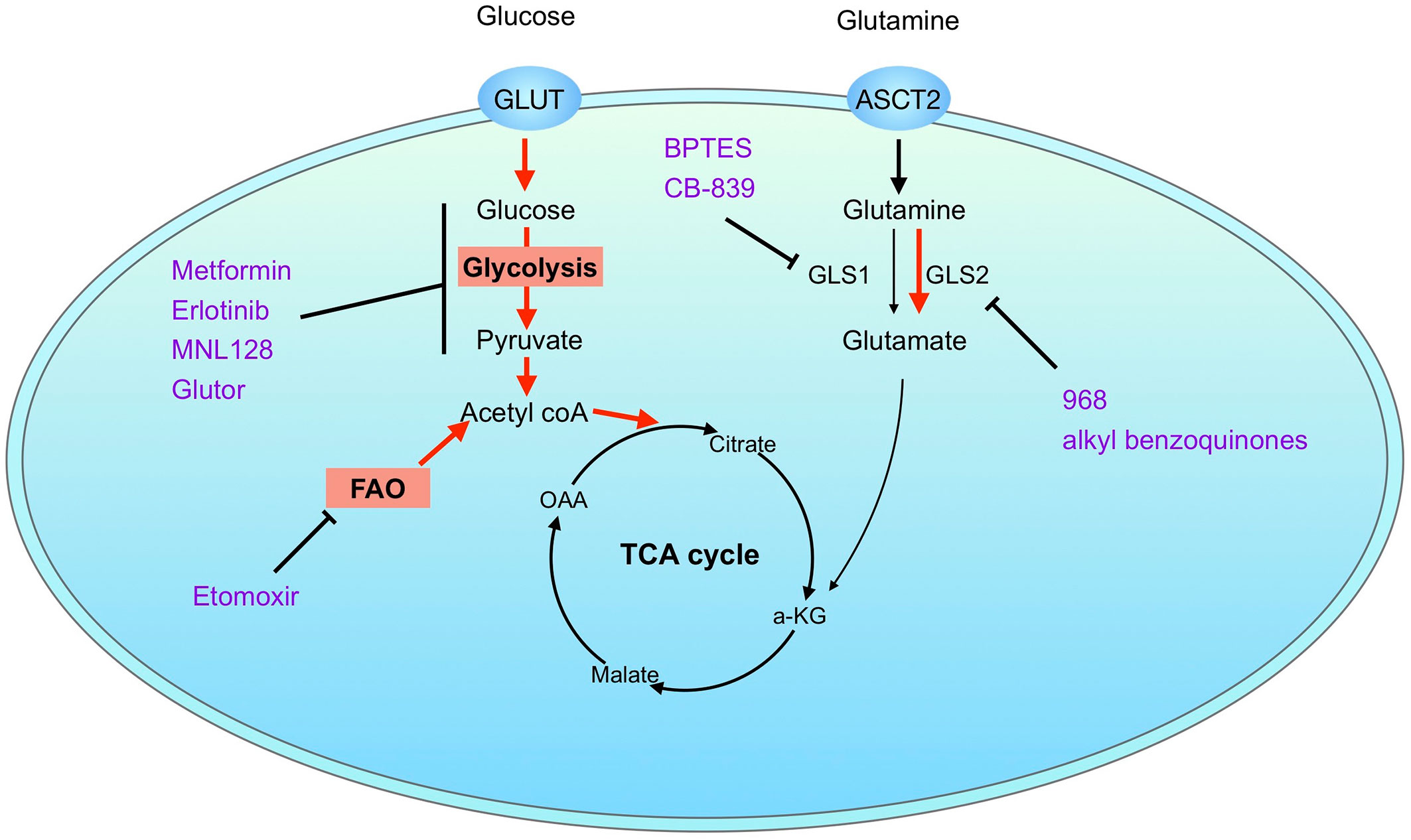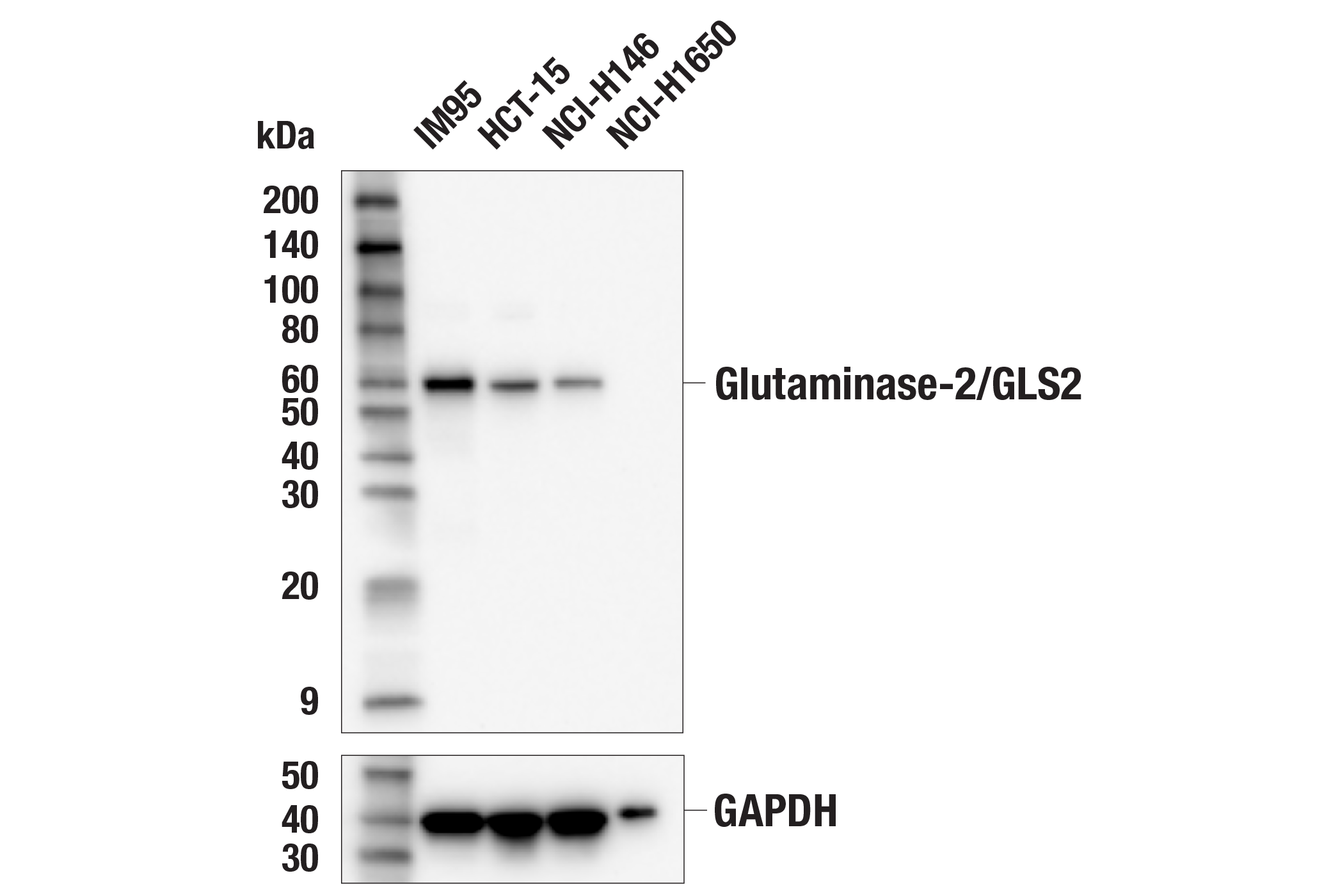
Phosphate-activated glutaminase (GLS2), a p53-inducible regulator of glutamine metabolism and reactive oxygen species | PNAS
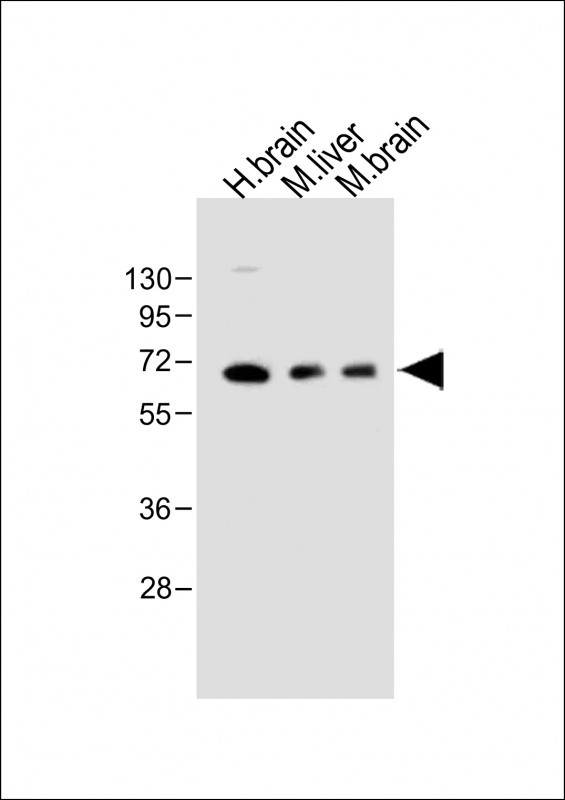
GLS2 Antibody (C-term E513) - Affinity Purified Rabbit Polyclonal Antibody (Pab) WB, IHC-P-Leica, E - Buy Now! |Abcepta
![PDF] Phosphate-activated glutaminase (GLS2), a p53-inducible regulator of glutamine metabolism and reactive oxygen species | Semantic Scholar PDF] Phosphate-activated glutaminase (GLS2), a p53-inducible regulator of glutamine metabolism and reactive oxygen species | Semantic Scholar](https://d3i71xaburhd42.cloudfront.net/6ec3e4d57cf664d1c7b966ce85f1ecc6a681b82a/5-Figure5-1.png)
PDF] Phosphate-activated glutaminase (GLS2), a p53-inducible regulator of glutamine metabolism and reactive oxygen species | Semantic Scholar

Phosphate-activated glutaminase (GLS2), a p53-inducible regulator of glutamine metabolism and reactive oxygen species | PNAS
Glutamine Synthetase Is a Genetic Determinant of Cell Type–Specific Glutamine Independence in Breast Epithelia | PLOS Genetics
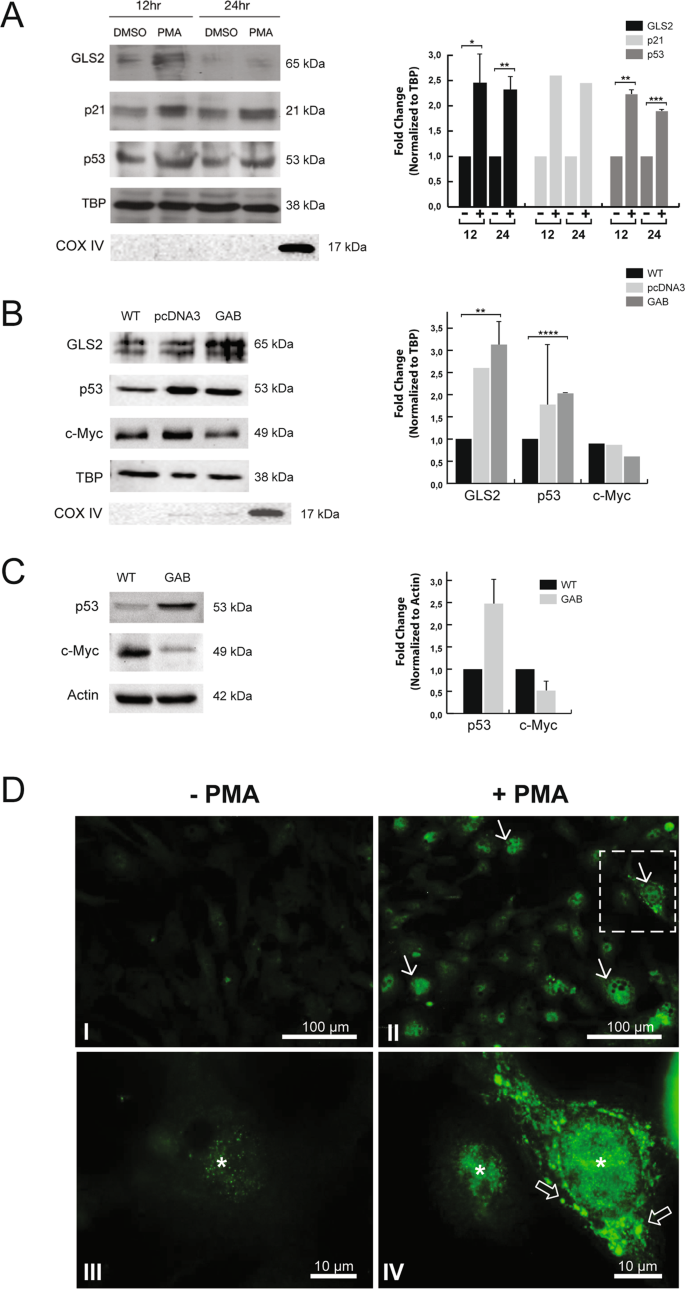
Nuclear Translocation of Glutaminase GLS2 in Human Cancer Cells Associates with Proliferation Arrest and Differentiation | Scientific Reports

GLS and GLS2 networks. GLS isoforms have oncogenic functions and are... | Download Scientific Diagram
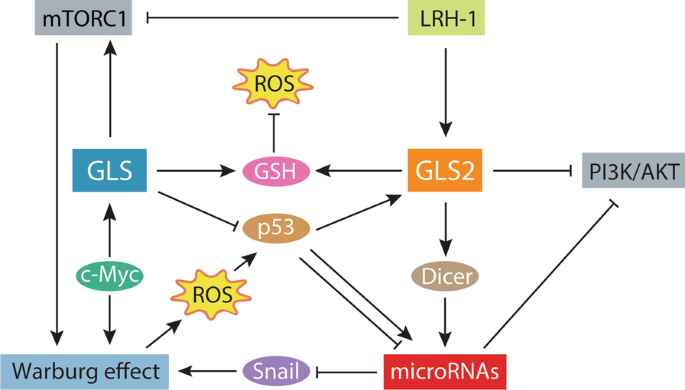
Glutaminase isoforms expression switches microRNA levels and oxidative status in glioblastoma cells | Journal of Biomedical Science | Full Text
